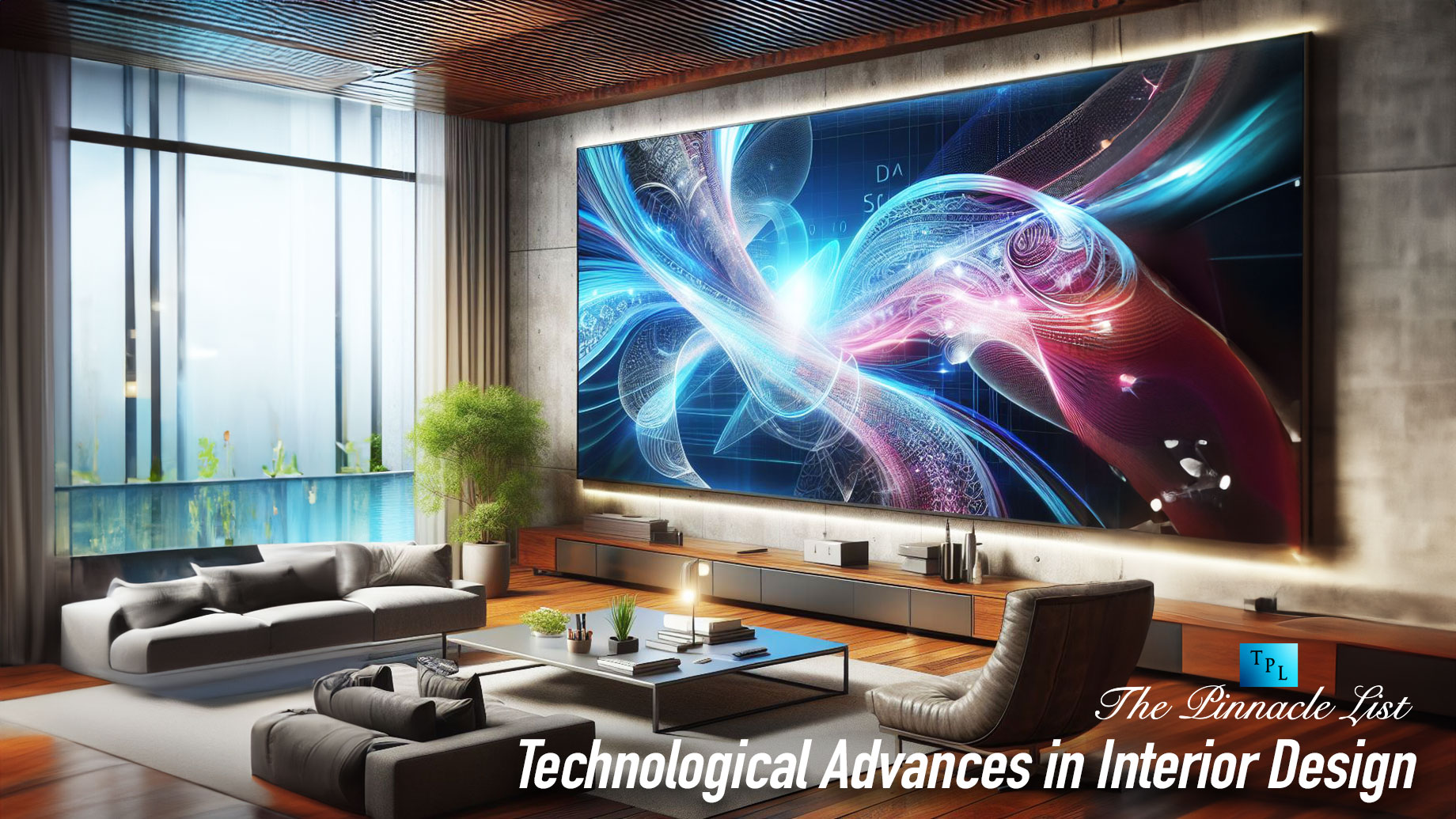
Technological innovations are reshaping the world around us. Over the past decade, tech has evolved considerably. Cellular networks were significantly improved, electric vehicles became a common sight on our roads, and more data than ever before was migrated offline and to the cloud. These advances haven’t just changed the way we live our lives but opened up new possibilities for many industries. The interior design sector, valued at more than $25.5 billion in the US alone, is one such.
The Rise of Smart Home Tech
In 2023, more than 63 million households own at least one piece of smart tech. By 2027, that number is expected to grow to more than 93.5 million. Once considered an expensive luxury, smart home devices are becoming increasingly affordable, with voice-activated assistants a standard in many domestic settings.
However, few homeowners are unleashing the true potential of smart technology. True smart tech integration can overhaul the way we use our homes and streamline our routines. Interior designers need to take note of the established appetite for smart tech and think beyond basic smart speakers. Smart heating and lighting systems can increase the energy efficiency credentials of space, while smart appliances like refrigerators can minimize everyday waste and expenditure.
Virtual and Augmented Reality Experiences
Many thought digital drafting would overtake traditional drawings and mood boards when pitching ideas to clients. The drawback of these digital designs lack the all-important tangibility that’s crucial for enthusing a client. However, massive advancements in augmented and virtual reality technology provide interior designers with a more dynamic alternative.
Interior designers can now turn their plans into an immersive experience, with VR showrooms helping clients visualize how design ideas will actually work in their space. With increased access to affordable VR technology, this is one innovation that interior designers should embrace if they’re keen to remain competitive in a saturated market.
Thinking Sustainably
A key design requirement from many clients is that their new space be as eco-friendly as possible. For interior designers, this can mean using natural materials and reclaimed furniture pieces. Fortunately, biophilic design trends have long proved popular and can serve as the basis for a low-impact home that’s easy on the eye, environmentally friendly, and incredibly liveable.
What Other Industries Have Been Impacted by Technological Advances?
Technological advancements have driven change across just about every industry. In the healthcare sector, data management has been dramatically improved, while AI is now being used for faster diagnosis and to offer tailored treatment solutions to patients. In the finance market, crypto and the blockchain continue to gain traction as a viable alternative to traditional fiat currencies.
The gambling industry has seen considerable changes recently, partly influenced by the widespread adoption of 5G cellular networks. This technological evolution has brought about more reliable and faster internet connections globally, influencing a shift in online access preferences. Increasingly, users are choosing mobile devices over computers for online services, prompting a rapid adaptation in this and other digital sectors.
What’s Next for the Interior Design Sector?
While technological advances and AI developments might be causing concern in other industries, they offer exciting applications for the design sector. Augmented reality and VR showrooms are already being utilized by many designers, while smart home integration is now a staple requirement for many clients. For interior designers, the applications for this are endless, from helping clients fully visualize their ideas to creating stunning spaces powered by cutting-edge tech.